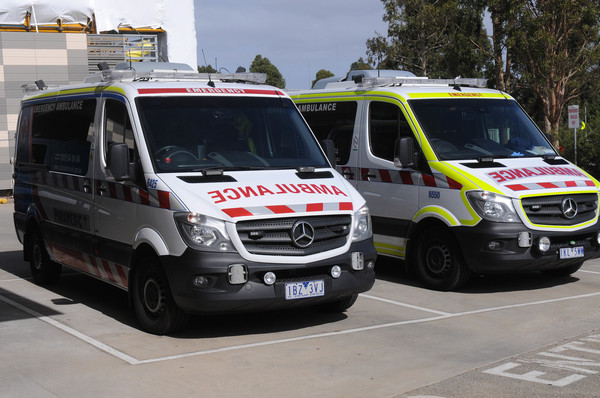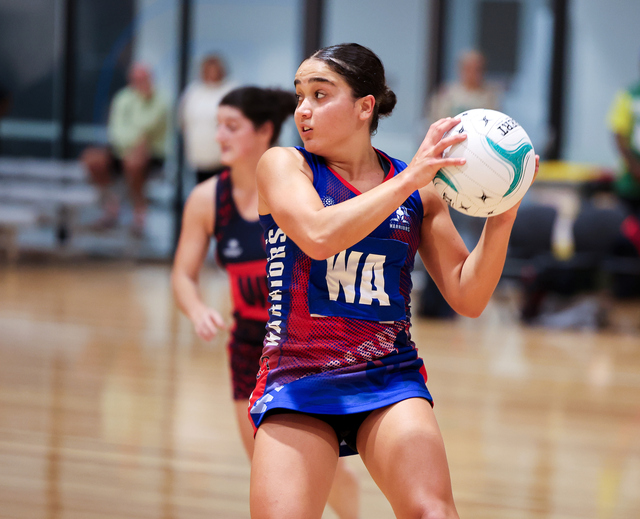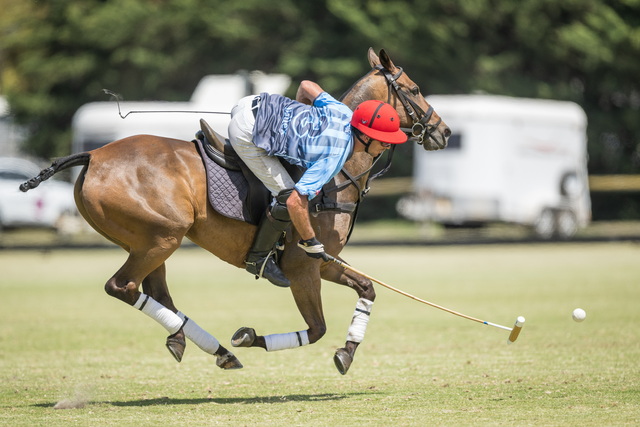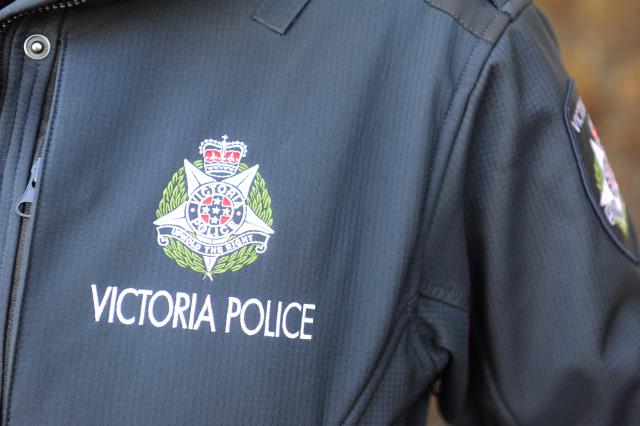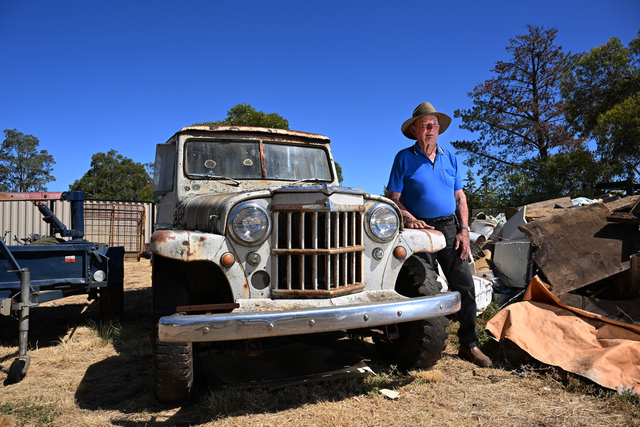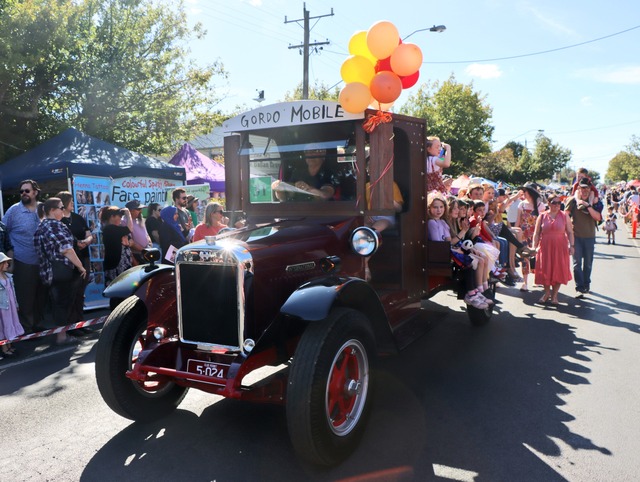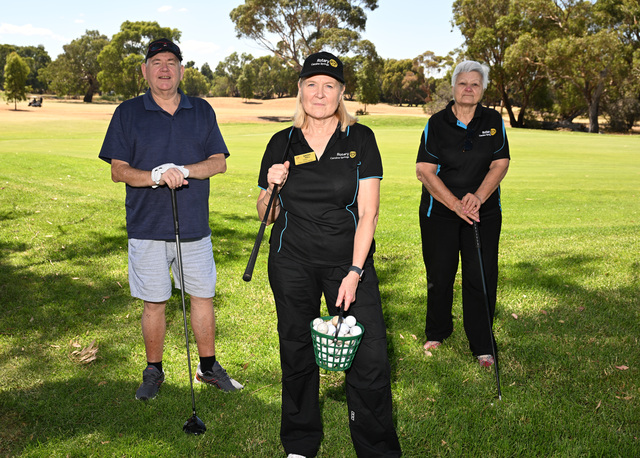Ambulance response times in Melton have continued to worsen as the COVID-19 pandemic continues to cause delays in the area.
The latest performance data from Ambulance Victoria for the three months to September reveals the entire health system is under “significant pressure and increasing demand”.
According to the data, paramedics responded to 2275 code one calls compared to 2265 in the three months to June. .
Code one refers to calls which involve incidents that require urgent paramedic and hospital care, based on information received during the call, according to Ambulance Victoria.
The average response time in the September quarter increased to 15 minutes and 24 seconds, compared to fifteen minutes in the June quarter.
In the three months to September 2020, the average response time was 11 minutes and 35 seconds, however records show there 1800 calls were responded to.
Ambulance Victoria said in a statement the increase in response times is due to significant growth in Melton.
Ambulance Victoria chief executive Tony Walker said this quarter’s performance data was not surprising given the level of demand being experienced across the state as the pandemic continues.
“The entire healthcare system across Australia is under sustained pressure and our paramedics and first responders are experiencing this first-hand,” Professor Walker said.
“Along with increasing numbers of COVID-19 positive patients, demand has quickly rebounded to levels prior to the COVID-19 pandemic, despite the lockdowns.
“Performance has also been impacted by time spent at busy hospitals transferring patients, wearing PPE to all cases and people who have delayed visiting their GP or specialist during lockdown now finding themselves more unwell and needing urgent care.”
In Moorabool, 52.4 per cent of code one calls were responded to in 15 minutes, up from 49.8 per cent in June.
However the average time has increased to 17 minutes and six seconds, up from 16 minutes and 45 seconds in the June quarter.
Paramedics responded to 441 calls in Moorabool in the September quarter, slightly less than the 456 calls in the June quarter.
In September 2020, paramedics responded to 383 calls in Moorabool, with the average response time 13 minutes and 31 seconds.
Professor Walker said Victorians are being urged to save triple-0 calls for emergencies only and to see their GP or pharmacist early for advice or treatment.
Meanwhile, the state government has committed to investing $40 million that will boost capacity to transport suspected and confirmed COVID-19 patients and patients with less serious conditions.
“This funding package addresses the challenges we have today related to performance, to workload and demand with more paramedics, additional non-emergency patient transport vehicles and more support to improve patient flow at emergency departments,” Professor Walker said.
“The boost to non-emergency transport services will ensure patients get the right care at the right time, and that emergency ambulances are available for those needing time critical care.
“We suspect we will be facing these challenges due to COVID-19 until at least the end of the year and early into 2022.”

